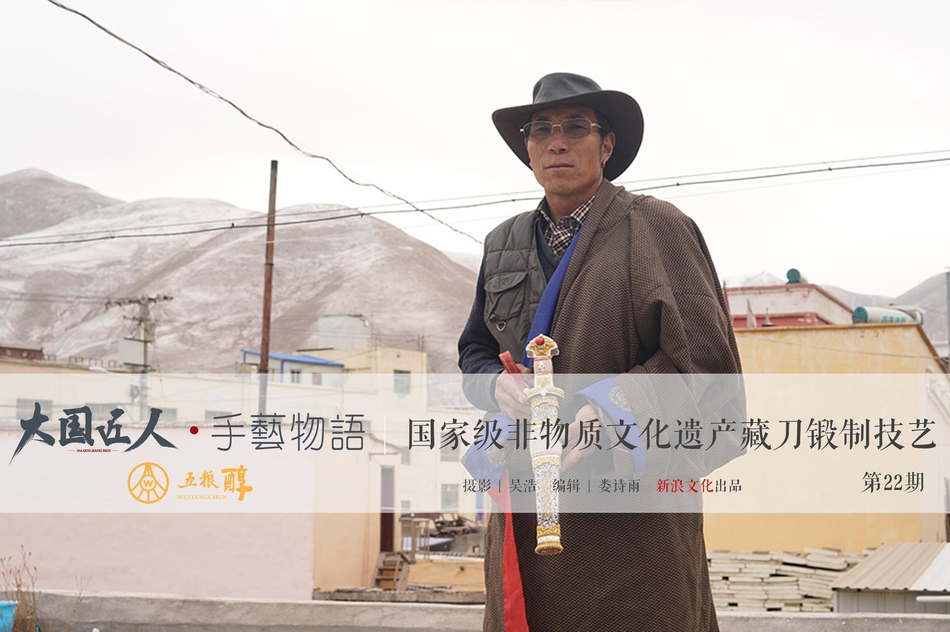A film about a leftist Brazilian revolutionary, directed by Narcos star Wagner Moura, has been denounced by President Jair Bolsonaro and sparked controversy across the country before it has even been released.
The film, Marighella, is the directorial debut for Moura, a Brazilian actor from the Netflix television series. It tells the story of Carlos Marighella, a controversial Marxist guerrilla fighter during the beginning of Brazil’s military dictatorship, which lasted from 1964 to 1985.

Marighella was assassinated by the state in 1969. The dissident called for violence against dictatorship leaders and police officers in the “Mini-manual for urban guerillas”.

The film, which premiered at the Berlin Film Festival last weekend, has already proved hugely controversial in Brazil, causing worries over distribution. The film currently has no release date in the country.

“We will encounter a lot of shit when we go back to Brazil,” Moura said after the premiere.
Moura brought contemporary Brazilian politics to the red carpet at the Berlin Film Festival, kissing Jean Wyllys, Brazil’s first openly gay congressman who recently resigned due to death threats. He held up a sign commemorating Marielle Franco, an up-and-coming leftist politician who was assassinated last year.
“The Brazilian state is racist,” Moura said in a press conference at the screening. “The state-sponsored violence committed against revolutionaries in the 1960s is the same that’s committed in the favelas against blacks.”
Moura and his colleagues said they will crowdfund for independent distribution if they have to. They plan to hold the film’s premiere in a squatter camp of the Movement of Roofless Workers (MTST), a far-left peasant movement.
The film’s distributor, Paris Filmes, said in a statement it had no forecast time for the film’s release and was waiting for the right moment, citing a competitive premiere calendar. But the film’s producer, Andrea Barata Ribeiro, told reporters that the distributor had said it “wasn’t the adequate moment” for release.
The film has become a lightning rod for Brazil’s culture wars. Marighella’s completion comes shortly after Brazil elected as president Jair Bolsonaro, a far-right former military captain who openly admires the dictatorship and its use of torture. He once called General Carlos Ustra, an infamous general during the dictatorship who oversaw the torture of hundreds of people, a “Brazilian hero”.
“Wagner Moura doesn’t show the crimes practised by Carlos Marighella,” Bolsonaro said in a video, citing Marighella’s call for violence against police and military officers.
Critics started the hashtag #MarighellaTerrorista and flooded the Internet Movie Database (IMDb) with one-star reviews and negative comments, despite the fact that the film is not yet available for Brazilians to see. Leftists on social media launched a counter-attack before IMDb removed all comments and ratings.
In The Hollywood Reporter’s review of the film, the critic wrote: “Moura paints Marighella himself as a tirelessly self-sacrificing martyr … even though his real Marxist-informed ideology was more astringent than that.
“The filmmaker arguably does Marighella’s legacy a disservice by simplifying him into a humanitarian freedom fighter battling against one-dimensional fascist enemies.”
The film has also sparked debate about race – some on the right have accused Moura of criminalising blacks by casting Seu Jorge, a black singer-turned-actor, as the lead.
“Wagner Moura wants to reduce the black population by portraying them as CRIMINALS,” wrote Sara Winter, a conservative personality. “Whites can also be criminals, Wagner, it’s not just blacks that commit crimes.”
“The shade of his skin tone didn’t really interest me,” Moura said before the film was released. “There’s no way to discuss any social issue in Brazil without talking about racial issues. For me, Marighella had to be black.”
According to Marighella’s biographer, he was mixed race, with a white father and a black grandmother.
While the film has riled the president and his supporters, Moura says it isn’t a direct response to Bolsonaro’s rise to power. “It’s probably one of the first cultural manifestations that’s obviously in contrast to the group that’s in power in Brazil. Our film is bigger than Bolsonaro.”








